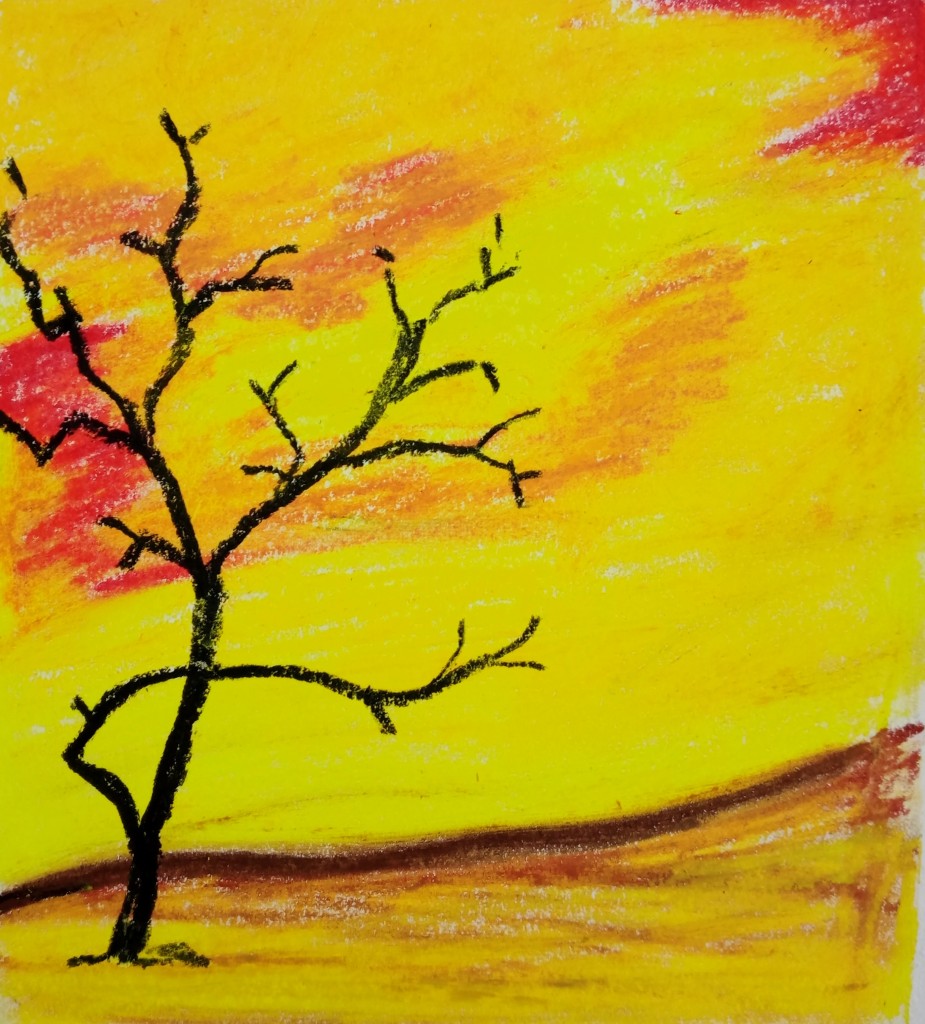
Editorial
Where have All the People Gone? … Click here to read.
Translations
Hena, a short story by Nazrul, has been translated from Bengali by Sohana Manzoor. Click here to read.
Mohammad Ali’s Signature, a short story by S Ramakrishnan, has been translated from Tamil by Dr B Chandramouli. Click here to read.
Three poems by Masud Khan have been translated from Bengali by Professor Fakrul Alam. Click here to read.
Shadows, a poem in Korean, has been translated by the poet himself, Ihlwha Choi. Click here to read.
Pran or Life by Tagore has been translated from Bengali by Mitali Chakravarty. Click here to read.
Conversations
Shantanu Ray Chaudhuri converses with Vinta Nanda about the Shout, a documentary by Vinta Nanda that documents the position of women in Indian society against the backdrop of the #MeToo movement and centuries of oppression and injustice. Click here to read.
In Conversation with Advait Kottary about his debut historic fiction, Siddhartha: The Boy Who Became the Buddha. Click here to read.
Poetry
Click on the names to read the poems
Michael Burch, Ananya Sarkar, George Freek, Smitha Sehgal, Rachel Jayan, Michael Lee Johnson, Sayantan Sur, Ron Pickett, Saranyan BV, Jason Ryberg, Priya Narayanan, Ryan Quinn Flanagan, Evangeline Zarpas, Ramesh Karthik Nayak, Rhys Hughes
Poets, Poetry & Rhys Hughes
In Ghee-Wizz, Rhys Hughes talks of the benefits of Indian sweets while wooing Yetis. Click here to read.
Musings/Slices from Life
Farouk Gulsara meets a wild pig while out one early morning and muses on the ‘meeting’. Click here to read.
Meredith Stephens takes us hiking in Sierra Nevada. Click here to read.
Raka Banerjee indulges in nostalgia as she tries her hand at her grandmother’s recipe. Click here to read.
Shivani Shrivastav bikes down to Alchi Ladakh to find serenity and natural beauty. Click here to read.
Musings of a Copywriter
In Trees from my Childhood, Devraj Singh Kalsi muses on his symbiotic responses to trees that grew in their home. Click here to read.
Notes from Japan
In Superhero Sunday in Osaka, Suzanne Kamata writes of her experience at the Osaka Comic Convention with her daughter. Click here to read.
Stories
Anagha Narasimha gives us a social satire. Click here to read.
Sarpreet Kaur explores social issues in an unusual format. Click here to read.
Arthur’s Subterranean Adventure
Paul Mirabile journeys towards the centre of the Earth with his protagonist. Click here to read.
Essays
Keith Lyons muses on choices we make while living. Click here to read.
Ravi Shankar trots around the world in quest of the perfect dosa — from South India to Aruba and West Indies. Click here to read.
“Bookshops don’t fail. Bookshops run by lazy booksellers fail.”
Shantanu Ray Chaudhuri takes us for a tour of the Kunzum bookstore in New Delhi. Click here to read.
Book Excerpts
An excerpt from Greening the Earth: A Global Anthology of Poetry, edited by K. Sachitanandan and Nishi Chawla. Click here to read.
An excerpt from Advait Kottary’s Siddhartha: The Boy Who Became the Buddha. Click here to read.
Book Reviews
Somdatta Mandal reviews Behind Latticed Marble: Inner Worlds of Women by Jyotirmoyee Devi Sen, translated from Bengali by Apala G. Egan. Click here to read.
Rakhi Dalal reviews Rhys Hughes’ The Wistful Wanderings of Perceval Pitthelm. Click here to read.
Basudhara Roy reviews Prerna Gill’s Meanwhile. Click here to read.
Bhaskar Parichha reviews Zac O’Yeah’s Digesting India: A Travel Writer’s Sub-Continental Adventures With The Tummy (A Memoir À La Carte). Click here to read.
.
PLEASE NOTE: ARTICLES CAN ONLY BE REPRODUCED IN OTHER SITES WITH DUE ACKNOWLEDGEMENT TO BORDERLESS JOURNAL
Click here to access the Borderless anthology, Monalisa No Longer Smiles
Click here to access Monalisa No Longer Smiles on Kindle Amazon International

